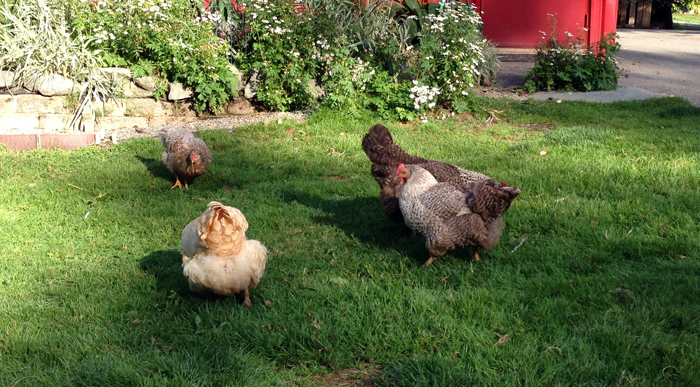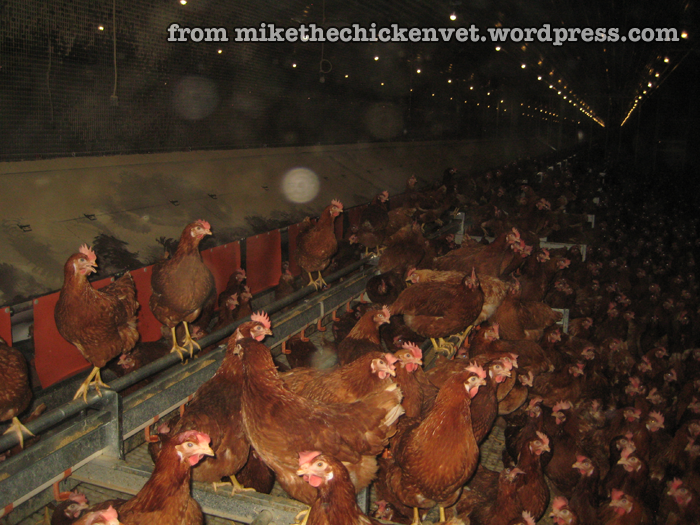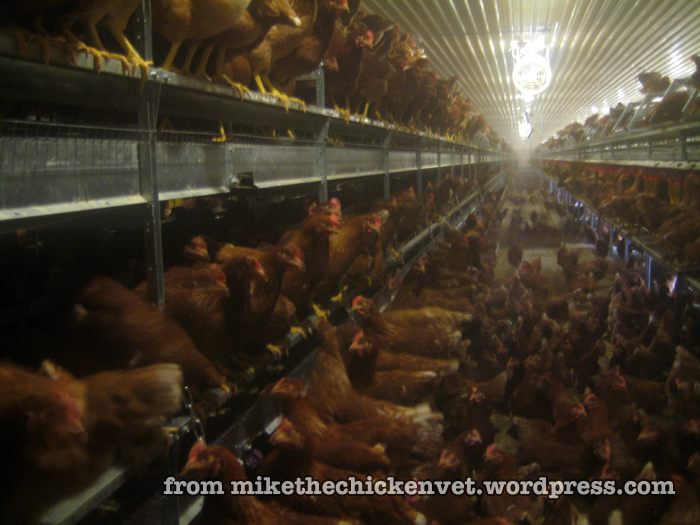Your cart is currently empty!
Free Range Eggs?
What images float through your mind when you see a carton of free range eggs? Idyllic scenes chickens foraging on grass? Chickens out enjoying fresh air and sunshine? Chasing bugs and scratching for grubs and earthworms?

The reality is sadly, often not what you imagine. In the United States, there is no legal definition for free range eggs. There are no standards as to what a farmer must do to label their eggs: free range eggs. It basically just means that the chickens are not in cages. Often they are cooped up by the thousands in huge houses. And when they are crowded together, problems such as cannibalism, high ammonia levels, and stress arise. To prevent cannibalism, hens in these crowded facilities have their beaks trimmed so they don’t hurt each other when they peck. These chickens are not living the life you want them to live, nor producing the quality of eggs you deserve.
The best way to know if the eggs you are buying are coming from chickens living the way you want them to live, is by calling the farmer who produces your eggs. Ask them what kind of pasture their chickens have. Ask how much space their chickens have. How much time do they spend outdoors?
You have a right to know how your eggs are produced. You are the one eating the eggs and incorporating the eggs into your body. The protein and minerals in the eggs you eat are going to end up being your bones, your skin, your organs … in other words: you!
Below are images of the way some free range chickens are raised. You’ll never see chickens raised this way at a man and his hoe®.


12 things you should know about eggs (crunchybetty.com)
Free range eggs (wikipedia.org)
Free range eggs vs caged eggs – What’s the Difference Nutritionally? (healthambition.com)
Leave a Reply
You must be logged in to post a comment.